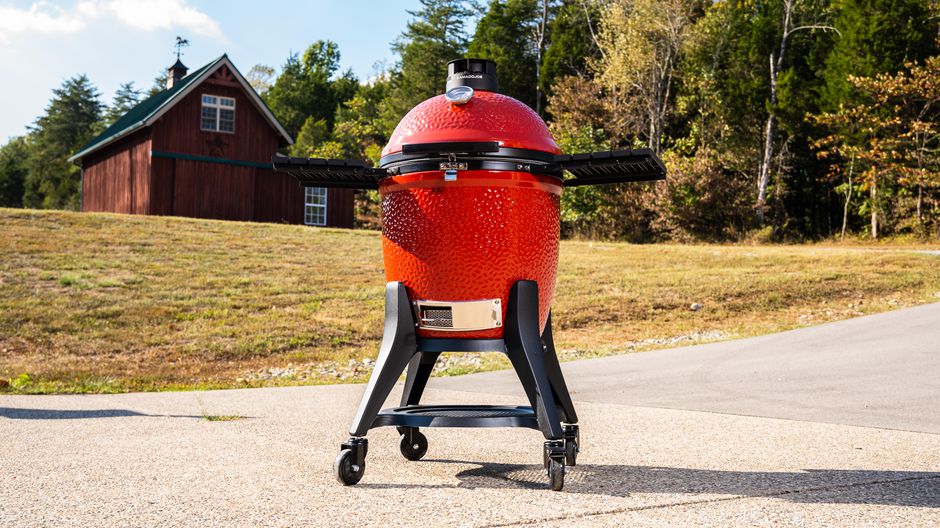
Everyone knows that vegetables are healthy and good for you, but not everyone knows how to keep them healthy.
Vegetables will grow quickly if given the right amount of water, sunlight and nutrients. There are a few things you can do to help your veggies and plants thrive! In this article, we will go over 10 tips to help you keep your vegetables and plants healthy.
Organic vs Traditional Gardening
One of the most important decisions you will make when gardening is whether to use organic or traditional methods. According to Matt from Case Barlow Farm, traditional gardening uses pesticides and herbicides that can be harmful to your plants, while organic gardening uses natural methods such as composting to help your plants grow.
If you are looking to garden organically, there are a few things you need to do to be successful.
First, you need to start with a good foundation. This means having healthy soil that is full of nutrients. You can create your own compost or buy it from a gardening store.
Next, you need to choose the right plants for your garden. Some vegetables are more difficult to grow organically than others. Make sure to do your research so that you are choosing plants that will be able to thrive in your garden.
Finally, you need to be patient! Organic gardening can take longer than traditional gardening, but it is worth it in the end. Your vegetables will be healthy and delicious!
Guide to Healthy Vegetables and Plants
Below are my 10 tips for keeping your vegetables and plants healthy!
Watering
One of the most important things you can do for your plants is to water them regularly. Depending on the type of plant, they may need to be watered daily or weekly. Be sure to check the soil before watering to make sure it is dry. Overwatering can be just as harmful as not watering at all!
Sunlight
Most vegetables and plants need at least six hours of sunlight per day. If you live in an area with limited sunlight, you may need to supplement with artificial light.
Nutrition
Just like people, plants need nutrients to grow and be healthy. You can provide nutrients for your plants by using compost or fertilizers. Be sure to choose a fertilizer that is appropriate for the type of plant you are growing.
Monitoring Growth
As your plants grow, be sure to monitor their progress. This includes looking for pests or diseases and removing any dead leaves or stems. By monitoring the growth of your plants, you can catch problems early and take steps to fix them.
Leave the soil moist
When you water your plants, be sure to leave the soil moist. This means that the top inch of soil should be moist to the touch. If the soil is too dry, your plants will not be able to absorb the water properly.
In addition, you will want to make sure the soil quality is good. This means that the soil should be loose and have a good amount of organic matter. Getting a solid soil foundation is the first step in tackling challenges for organic gardening.
Proper nutrition for your veggies
As we mentioned before, plants need nutrients to grow. You can provide these nutrients by using compost or fertilizers. However, you need to be careful not to overdo it! Too much fertilizer can actually be harmful to your plants.
When choosing a fertilizer, be sure to select one that is appropriate for the type of plant you are growing. You will also want to follow the instructions on the package so that you do not apply too much or too little.
Weed Control
Weeds can compete with your plants for water and nutrients. They can also harbor pests and diseases. To avoid these problems, be sure to remove any weeds that appear in your garden.
To control weeds, it is imperative to look at the ingredients of any store bought sprays and solutions. You want to make sure they are not harmful to your plants. The best way to remove weeds is by hand, but sometimes you need a little help!
In addition to being harmful to plants, many chemicals can be harmful to people and the environment. So, it is always best to use natural solutions whenever possible. You can learn about some of the harmful effects of pesticides here.
Pest Control
Pests can cause serious damage to your plants. They can also spread diseases. To avoid these problems, be sure to remove any pests that you see in your garden.
There are a number of ways to remove pests, but the most important thing is to be vigilant. Be sure to check your plants regularly for signs of pests. If you see any, take steps to remove them immediately.
There are a number of natural pest control solutions that you can use. However, it is always best to consult with an expert before using any products on your plants.
Choose the right plants
When you are choosing plants for your garden, be sure to select ones that are appropriate for your area. This includes the climate and the amount of sunlight you get.
It is also important to choose plants that are not susceptible to pests or diseases. By doing this, you can avoid a lot of problems down the road.
Be patient
One of the most important things to remember when growing plants is to be patient. Plants take time to grow and they will not always look perfect.
If you are patient and give your plants the care they need, they will eventually reach their full potential. Just like people, plants need time to grow!
Conclusion
Gardening can be a lot of work, but it is also very rewarding. By following these 10 simple tips, you can keep your vegetables and plants healthy. These tips include watering often, leaving the soil moist, providing proper nutrition, monitoring growth, and controlling weeds and pests. By following these tips, you can ensure that your plants will be healthy and thrive!




